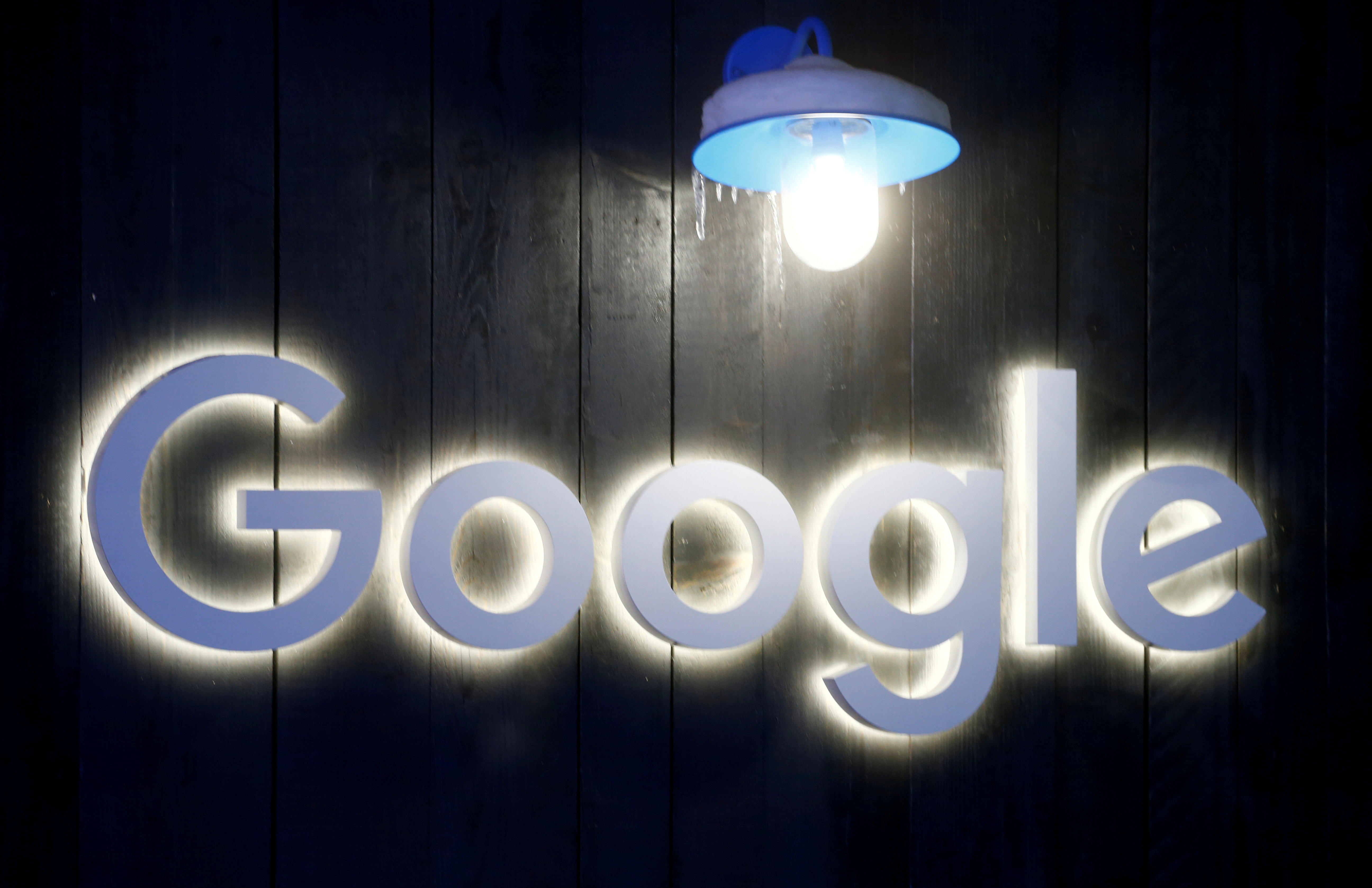Republican Missouri Sen. Josh Hawley asked Google and Apple not to hide behind their “corporate shield” and instead pledge to commit to being personally liable for protecting users’ privacy while tracking coronavirus.
Both big tech companies are preparing to allow their smartphone operating systems to use Bluetooth technology as a way of tracing people who are infected. Hawley is not satisfied with Google and Apple’s insistence that their efforts won’t be a harbinger of doom for privacy rights.
The contract-tracing technology will disappear after the coronavirus pandemic ends, according to both tech firms. (RELATED: Conservatives React After Sen. Hawley Proposes Bill Cracking Down On Big Tech Companies)
“I fear that your project could pave the way for something much more dire,” the Missouri Republican wrote in a letter Tuesday to Google CEO Sundar Pichai and Apple CEO Tim Cook. “The possible implications this project could have for privacy are alarming.”
The Silicon giants insist users who are traced will be anonymous, but Hawley noted that such data can be “reidentified simply by cross-referencing it with another data set.” Pairing GPS data with that from the project Google and Apple are embarking on can reveal identities, he said.

The logo of Google is seen in Davos, Switzerland Januar 20, 2020. Picture taken January 20, 2020. REUTERS/Arnd Wiegmann/File Photo
The data from this project, when paired with other data sets, can create a precise mechanism for surveillance. Combining the data from the tracing project with GPS data “could greatly erode privacy by making precise surveillance much easier,” Hawley noted.
Hawley is quickly becoming the go-to Republican on issues related to China’s dominance in the telecommunications industry, as well as on matters pertaining to big tech’s ever-increasing role in the lives of American citizens.
Recent reports appear to support some of Hawley’s concerns. The New York Times’ Opinion section, for example, published a series of reports in December and January fleshing out the degree with which cell phone companies can learn about users through anonymized data collection.
Hawley, for his part, also expressed skepticism at both companies’ insistence that the app will simply go away after the pandemic.
“When it comes to sticking to promises, Google’s record is not exactly reassuring. Last year a Google representative had to admit, under oath, that Google still tracks location history even when a person turns location history off,” he wrote.
Hawley cited a May 12 congressional hearing in which Will DeVries, senior privacy counsel for Google, acknowledged that Google continues to track location history after a user disables the function. The company argues the data can be useful for other apps and functions that help users.
Neither Google nor Apple have responded to the Daily Caller News Foundation’s request for comment.
All content created by the Daily Caller News Foundation, an independent and nonpartisan newswire service, is available without charge to any legitimate news publisher that can provide a large audience. All republished articles must include our logo, our reporter’s byline and their DCNF affiliation. For any questions about our guidelines or partnering with us, please contact licensing@dailycallernewsfoundation.org.


